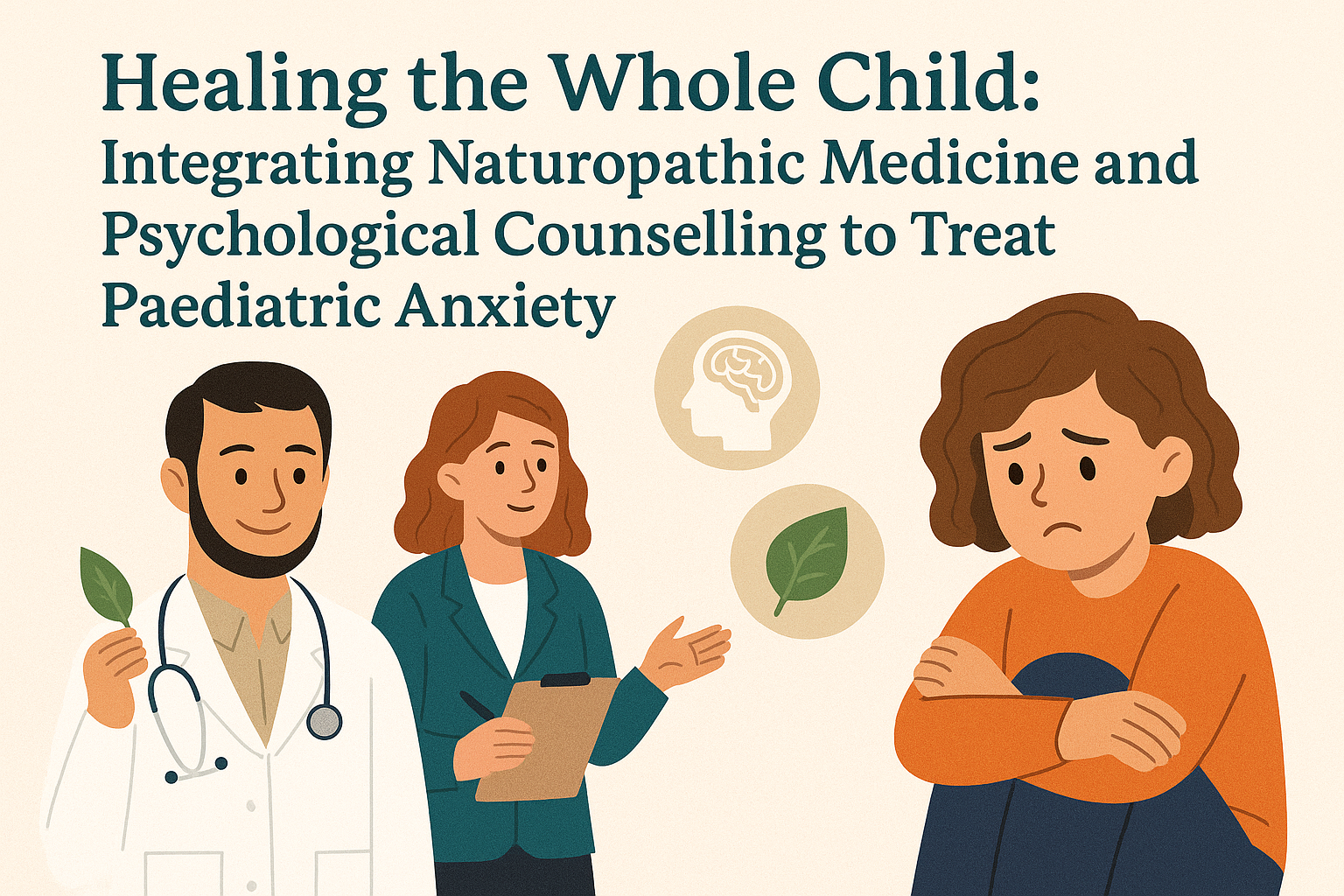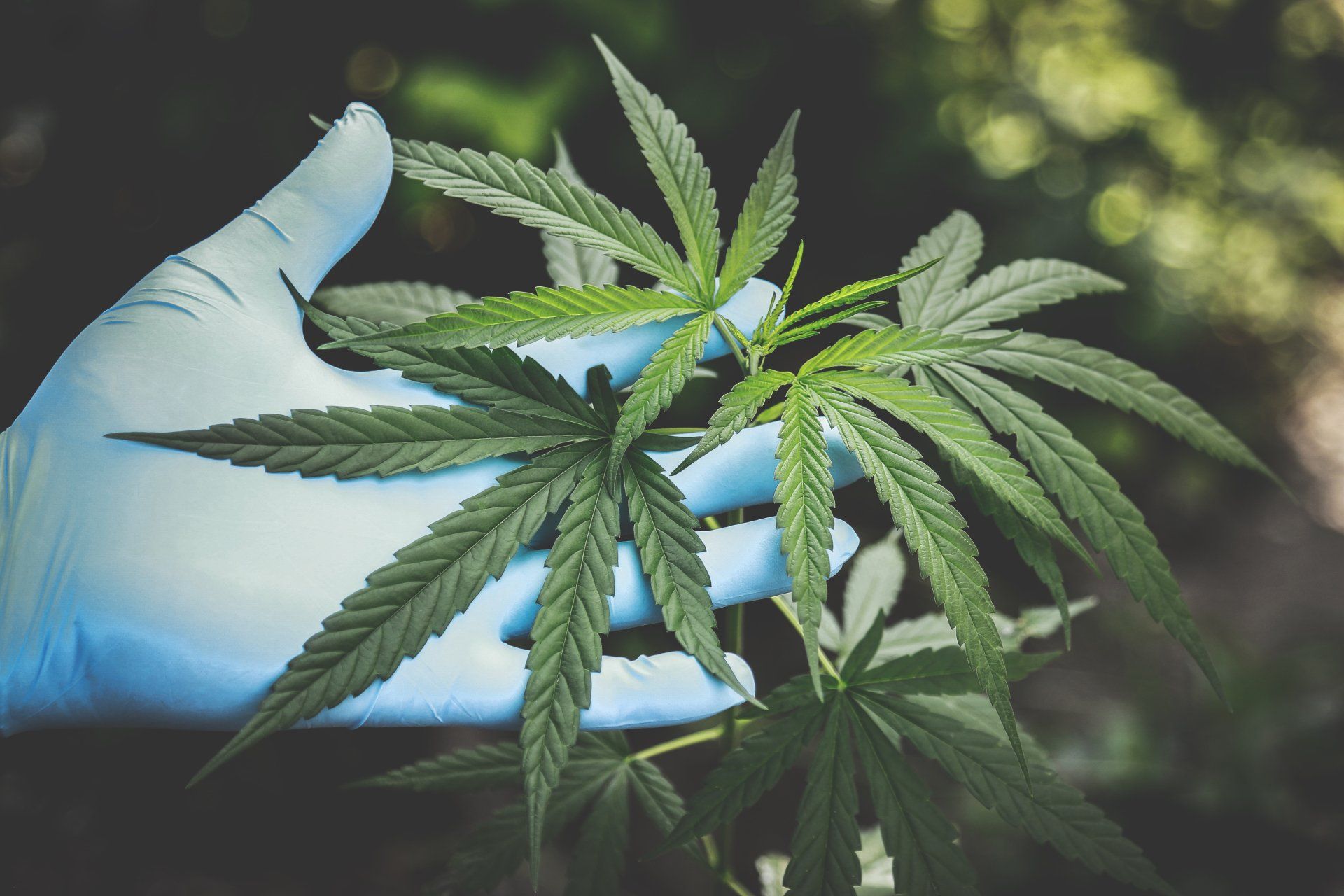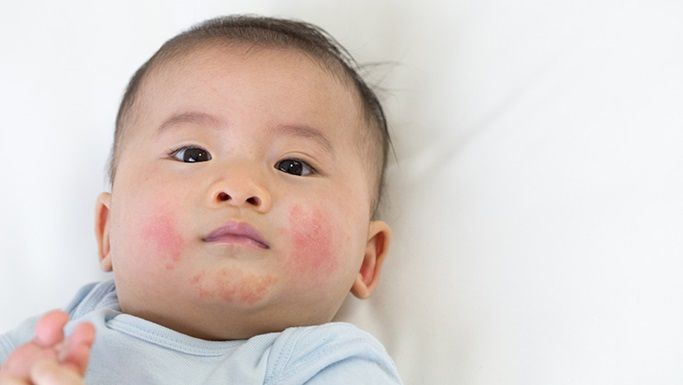Safe Immune Boosters for Infants: Nurturing Defence from the Start
For new parents and health-conscious families, one of the most pressing concerns is the well-being of their newest addition. The immune system of an infant is a marvel of nature, shaping lifelong health and resilience. As the gatekeepers of nurturing the first line of defence, caregivers are constantly seeking safe and effective methods to boost their baby’s immunity. From the food they eat to the environment they are in, a child’s immune system is influenced by a variety of factors. In this comprehensive blog post, we’ll explore natural immune boosters, safe remedies and practices, and the role of supplements in enhancing the immune system of our little ones.
Introduction
In the delicate, formative years of infancy, the immune system is particularly vulnerable. However, there's a balance to be struck; while it's essential to protect children from infection and disease, it's equally critical to expose them to potential threats to develop robust immunities. Enhancing an infant's immune system is about finding that equilibrium, utilizing methods that are both safe and beneficial without overwhelming the body's natural processes.
Natural Immune Boosters
Breastfeeding Benefits
The first and most potent immune booster for infants is breast milk. Known as "liquid gold," breast milk is teeming with antibodies that provide passive immunity to newborns. It contains white blood cells, antimicrobial proteins, and immunoglobulins that help fight off infections and reduce the risk of allergies and chronic diseases later in life.
Nutrient-Rich Foods
Introducing nutrient-dense foods to your infant’s diet is crucial. Foods high in vitamin C help build white blood cells, while vitamin E acts as an antioxidant. Zinc plays a role in the maturation of white blood cells and the regulation of the immune response. Leafy greens, sweet potatoes, and eggs are excellent sources of essential nutrients.
Probiotics for Infants
Probiotics are live bacteria and yeasts that are good for your health, especially the digestive system. For infants, probiotics can have a mild yet positive impact on their immune systems, helping with the balance of good bacteria in the gut. Probiotics can be found in breast milk, but if not exclusively breastfeeding, speak to your Naturopathic Doctor or Paediatrician about the possibility of supplementation.
Safe Remedies and Practices
Vaccinations
Under the guidance of Paediatricians, staying on track with vaccinations is the single most effective way to ensure a child’s immune system is fortified against a range of potentially serious diseases. The schedule may seem rigorous, but it’s designed to protect your child at the most vulnerable stages. For parents who are hesitant about vaccination it is encouraged to discuss the pro's and con's of vaccination as well as alternative options with your Naturopathic Doctor or Paediatrician.
Hygiene and Sanitation
Practicing good hygiene and maintaining a clean environment is important; however, over-sterilization may also pose a problem.
In pursuit of nurturing robust immune systems in infants, the hygiene hypothesis presents a compelling perspective worth considering. This theory suggests that early exposure to certain microbes and allergens plays a crucial role in the development of a healthy immune system. Originating from observations that link lower incidences of allergies and autoimmune diseases to environments with higher levels of microbial exposure, such as those found in larger families or rural settings, the hygiene hypothesis challenges the notion of over-sterilization in modern living environments. Studies, including those cited by sources like the FDA and Johns Hopkins, have explored this concept, indicating that a balance between cleanliness and microbial exposure might be key to preventing conditions like asthma and certain allergies. By understanding and applying the principles of the hygiene hypothesis, parents may be able to support the development of stronger, more adaptive immune systems in their infants, potentially reducing the risk of allergic and autoimmune disorders later in life.
Supplements for Immune Support
Vitamin D
Vitamin D plays a crucial role in the development and function of the immune system. It has been linked to reduced respiratory infections in children. Where sunlight exposure and diet don’t provide enough, Naturopaths and Paediatricians might recommend Vitamin D supplements, especially for breastfed babies.
Omega-3 Fatty Acids
Omega-3s, found in fish and quality fish oil supplements, have anti-inflammatory properties that can support the immune system's response. Including omega-3s in a child's diet may help enhance their immunity and contribute to overall health.
Iron
Iron is essential for the immune system function and cognitive development in children. Iron deficiencies are common, especially in breastfed babies. To ensure adequate iron levels, a variety of iron-rich foods and, sometimes, supplements are recommended.
Vitamin C, Zinc and Elderberry
Vitamin C, Zinc, and Elderberry syrup stand out as safe and natural options for supporting the immune health of infants. Vitamin C is crucial for the growth and repair of tissues in all parts of the body and is known to enhance the immune system's ability to fight off infections. Zinc plays a vital role in immune function, growth, and healing. Elderberry syrup, made from the fruit of the Sambucus tree, has been traditionally used for its antioxidant properties and its potential to alleviate cold symptoms. Together, these supplements can offer a gentle yet effective boost to an infant's immune system. However, it's important for parents to consult with a healthcare provider before introducing any new supplements to their infant's diet, to ensure they are appropriate and safe for their specific health needs.
Conclusion
Immune health is an ongoing conversation for parents, and health-conscious families. While it’s essential to take steps to bolster a child's immune system, it's equally important to do so safely and responsibly. Encouraging lifelong health through nutrition, lifestyle, proper supplementation, and thoughtful care is a gift that keeps on giving. For parents, the approach is not just about immediate disease prevention; it’s about setting the stage for a lifetime of well-being and resilience for their child. Remember, every decision you make now has a lasting impact on your child’s health, and these careful strategies can help build a foundation for a healthy future.
For more articles on safe supplements for kids click here









